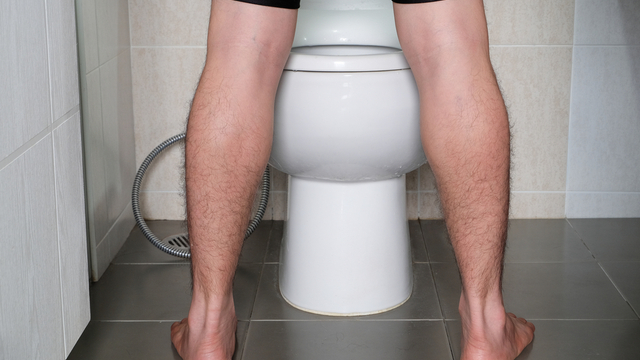
Gonorrhea is an infection with Neisseria gonorrhoeae bacteria. Treatments focus on managing the symptoms and extending the time between outbreaks. There is no cure for herpes, and outbreaks of symptoms can reoccur over time. This involves collecting a sample of the fluid inside one of the sores. If a person has visible sores on or around their genitals, a doctor can test for herpes using a cell culture. The latter involves checking for signs of the infection in the person’s DNA, and it can be especially useful when the person has no visible symptoms. To diagnose herpes, a doctor can use a blood test or a polymerase chain reaction test. sore muscles in the lower back, buttocks, and upper legs.tingling, itching, or burning sensations around the blisters.blisters on the genitals, rectum, buttocks, or thighs.painful blisters or open sores in or around the mouth.If they do arise, the symptoms typically appear 2–12 days after the infection develops.Ĭommon symptoms of herpes in males include: Mild herpes blisters can resemble insect bites, ingrown hairs, or razor burn. Many people with herpes have no symptoms, and others may have difficulty identifying their symptoms. HSV–2 almost always passes on through sex without a condom and causes genital herpes. HSV–1, also called oral herpes, causes cold sores in and around the mouth. There are two types of the virus, and they tend to affect different parts of the body Herpes is an infection with the herpes simplex virus (HSV). Repeat infections are common, however, so it is a good idea to have another test after completing the treatment. It may involve taking a single dose or a 7-day course of an antibiotic.

Treating chlamydia with oral antibiotics is relatively straightforward. To test for this issue, a healthcare provider usually asks for a urine sample, but they may use a cotton swab to get a sample from the urethra instead. Rarely, chlamydia develops in the epididymis, the tube that carries sperm from the testicles.

burning or itching around the opening of the penis.If symptoms do occur in males, they arise several weeks after the infection develops.Ĭommon symptoms of chlamydia in the urethra include: The majority of these infections in males cause no symptoms. Some call chlamydia a “silent” infection because people are often unaware that they have it. In a male, chlamydia can develop in the urethra, rectum, or throat.

Chlamydia is a bacterial STI that passes from person to person through anal, oral, or vaginal sex without a condom.


 0 kommentar(er)
0 kommentar(er)
